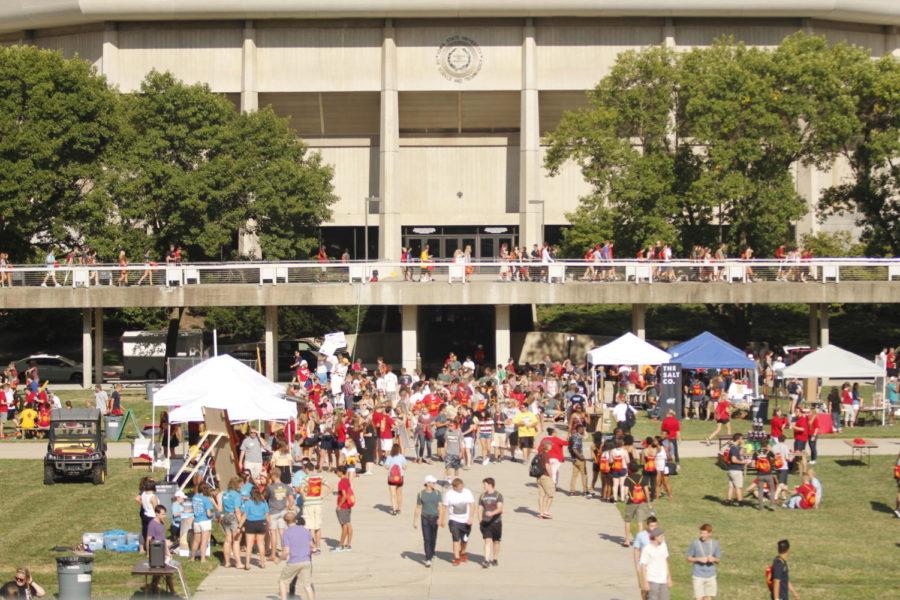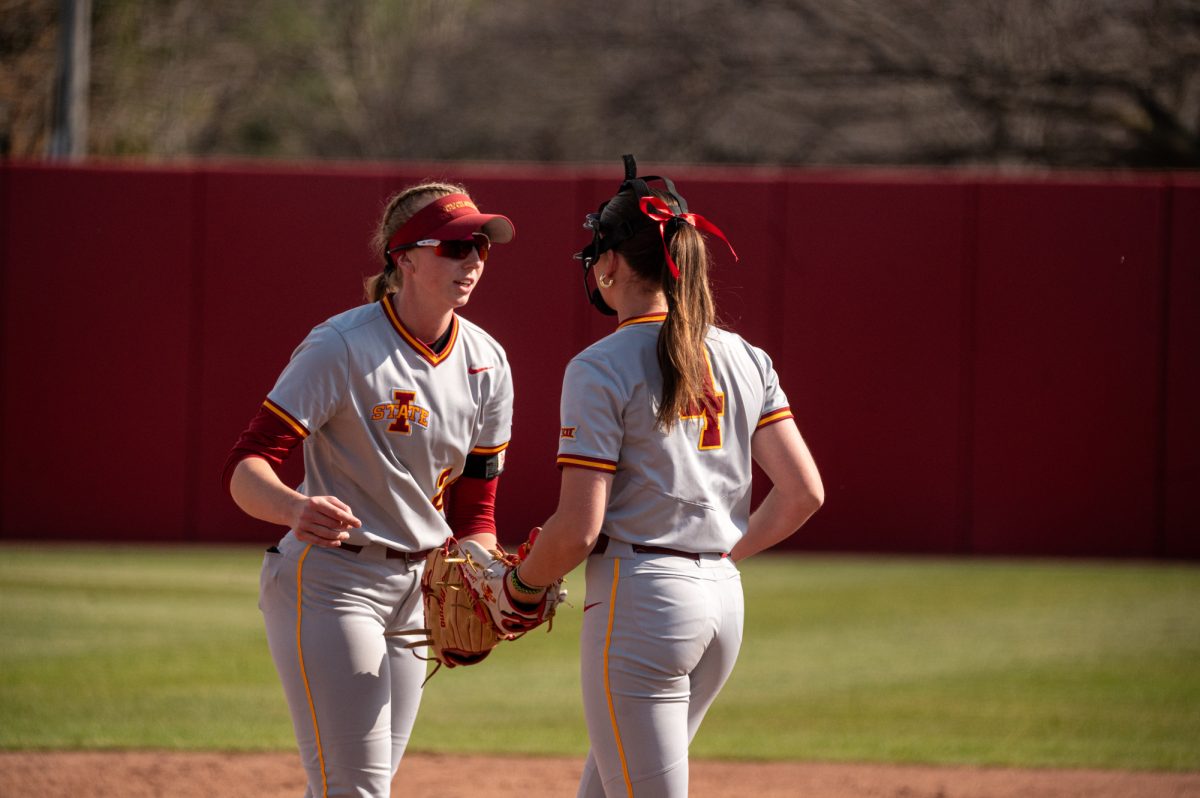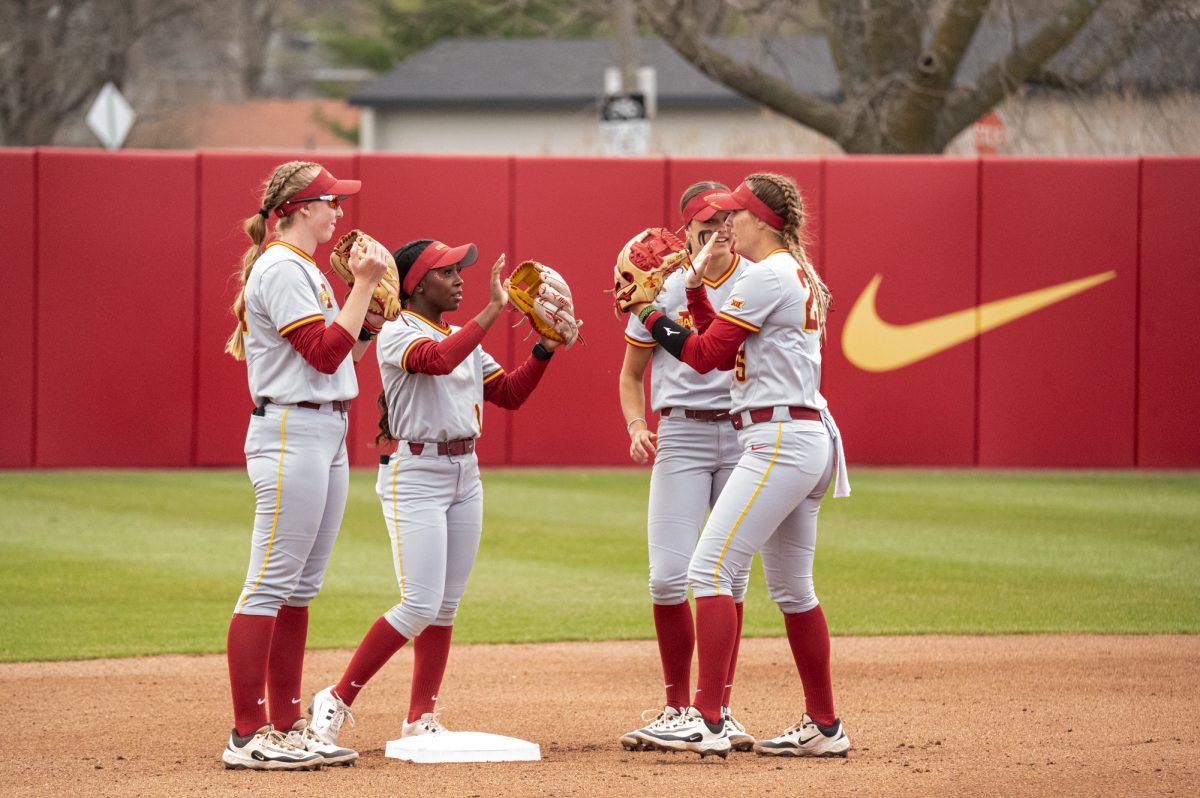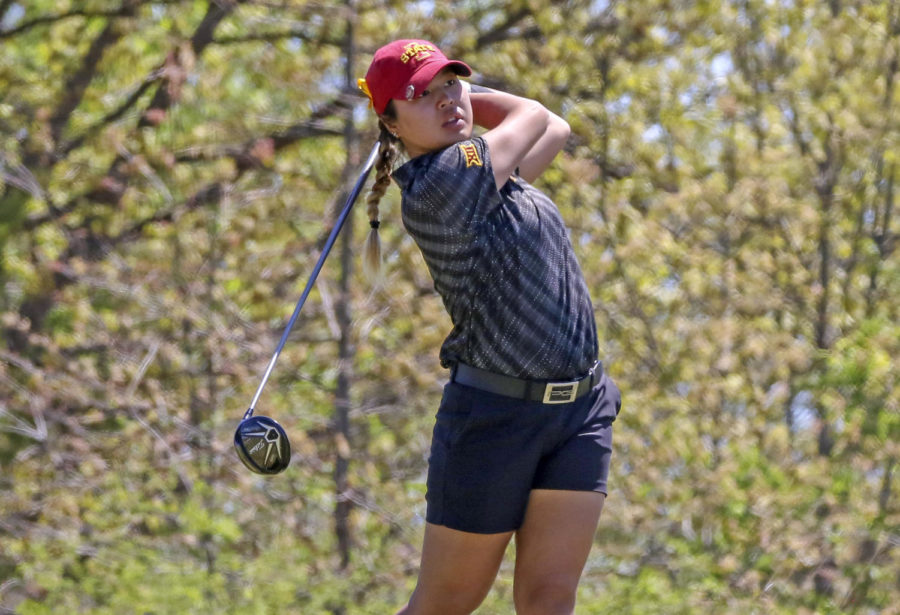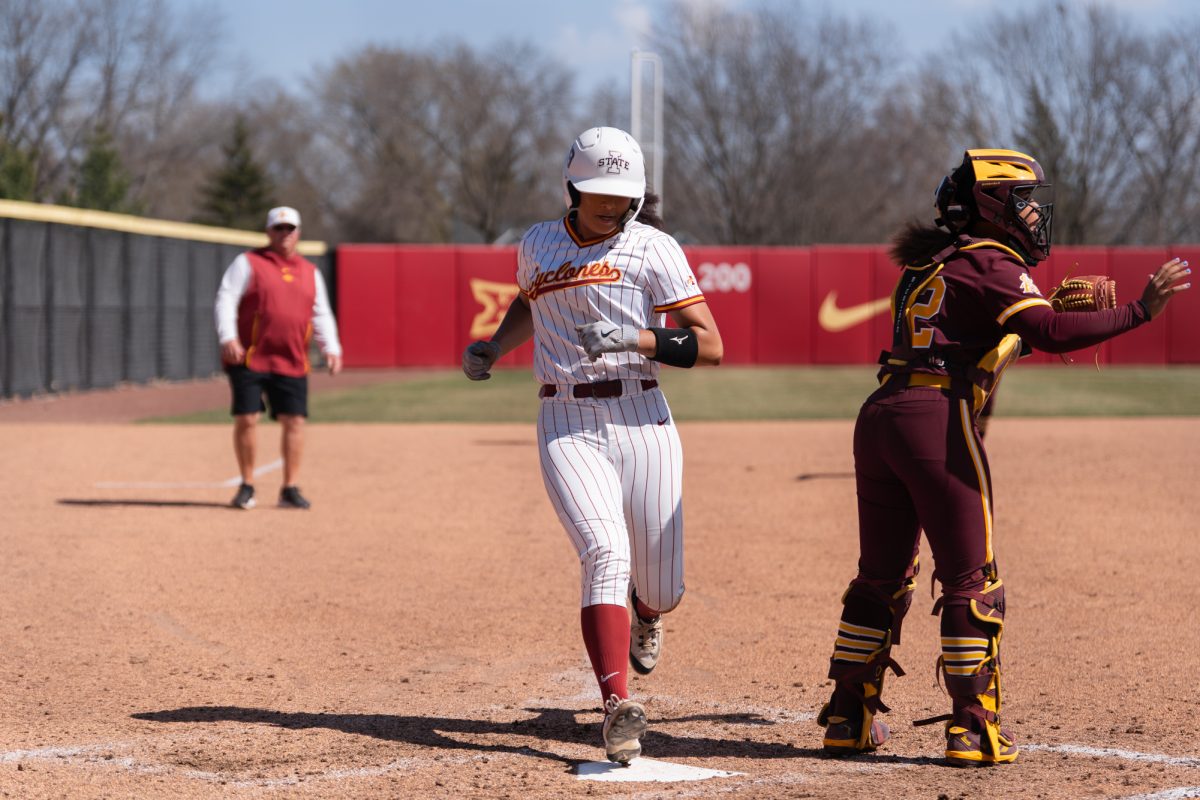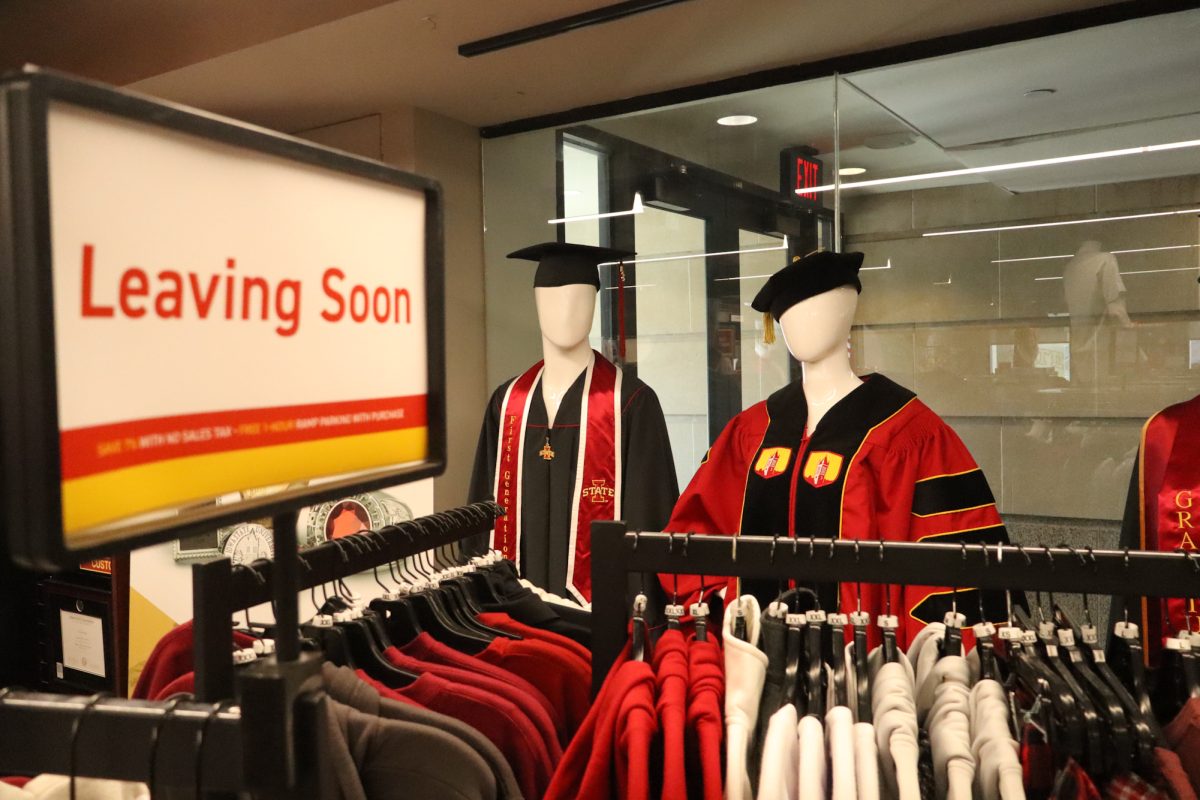Onboarding committee to host open forums seeking input on current process
October 5, 2017
What began as a proposal by Student Government to help create a better and more intersectional learning experience for new students has transformed into a year-long process to review the university’s current on-boarding process.
Last winter, the academic and student affairs divisions were tasked to review the current procedures, which led to the creation of a 31-member task force that examined new student on-boarding procedures.
After doing so, the committee serves to create recommendations to be passed onto senior administration by the end of the 2018 spring semester.
The proposal that started this process was dubbed Cyclone 101 — a semester-long course created by then-President Cole Staudt and then-Vice President Cody West that would take a more in-depth approach to issues such as sexual assault, civic engagement, diversity and inclusion, as well as financial and information literacy.
“That was a recommendation that students came up with that said some of the things the university is doing to help us be successful — we don’t think they’re doing well,” Keith Robinder, associate dean of students, said. “And some of the things that we think are important — you’re not doing in a way that really resonates with students.”
This served as a wake-up call.
“I think the students proposed that from a genuine sense of ‘we can do better,’” Robinder said. “It was received with that understanding, as well.”
Robinder currently co-chairs the committee, along with Associate Provost for Academic Programs, Ann Marie VanDerZanden.
The first stage of the process, Robinder said, was to create smaller committees within the task force to assess the onboarding process for different student types.
These groups included:
- Direct-from-high school undergraduates
- Transfer students
- Graduate students
- Professional students, such as Veterinary Medicine
- And online, non-degree students
“We then said, when does onboarding begin and end — what does it include?” Robinder said. “We identified that onboarding begins in the admissions process.”
This meant that from when students received their offer of admission all the way to the end of the student’s first year, the task force would review and recommend Iowa State’s current procedures and ways in which they can improve — specific to the aforementioned student types.
Within these student types are special populations that require their own onboarding to address their unique needs, Robinder said. These student types include international students, U.S. multicultural students, LGBTQ students, veterans, student athletes and students with disabilities.
To review the current process, the committee looked at existing data sets, the curriculum, the orientation schedule and an array of other materials available.
“Anything and everything we could look at,” Robinder said. “We collected hundreds, if not thousands, of artifacts,” Robinder said.
Zoey Shipley, Student Government speaker, served as a student on the committee. For Shipley, she had experience in both being a new student, but also serving as a Cyclone Aide that helps guide new students.
“From my perspective, I went in just seeing how messy the process of coming to college can be,” Shipley said. “I don’t think it’s necessarily a fault of Iowa State but it can be very overwhelming or underwhelming as a senior in high school that are looking at colleges to go to.”
But for Iowa State to take on a task such as this, she feels it is a positive and beneficial thing.
“I think it shows that the university really does care and really does want to help students be more successful,” Shipley said.
The next steps for the committee — after reviewing and analyzing all the data with onboarding — is to now form and submit recommendations.
Currently, Robinder said, the committee is looking for students, faculty and staff who may be interested in serving on four project teams that will be developing action plans in the next few months.
These projects include:
- Developing unified collaborative communication streams
- Developing new student onboarding core curriculum
- Developing a digital onboarding portal and repository of resources
- and effectively onboarding graduate and professional students
Additionally, the onboarding committee will be hosting two campus-wide open forums that serve as an opportunity to hear updates on the onboarding process and talk with the project leaders. The open forums are Monday, Oct. 16 from 1 to 2 p.m. and Tuesday, Oct. 17 from 11 a.m. to 12 p.m. in the Gold Room of the Memorial Union.


